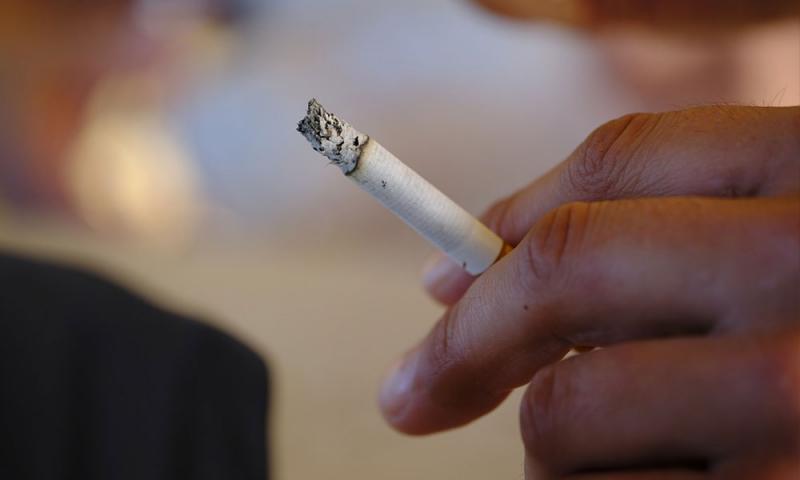COMMENT | Bhutan banned smoking and it didn’t go so well
Prohibition of tobacco seems like a clear solution, then: ban tobacco, problem solved.
But the experience of the Himalayan Kingdom of Bhutan shows a ban is more complicated than it might seem and provides fodder for the long-term debate over whether incremental regulatory and tax policies, or prohibition and abolition, will stop tobacco use.
Bhutan enacted a national ban on the domestic sale, promotion, cultivation and distribution of tobacco products in 2004, and created a 100 percent tax on small amounts of tobacco products legally imported into Bhutan for personal consumption. Those who used tobacco illegally were fined.
Two reasons were given for this 2004 neo-prohibitionist law: protecting public health, and recognising that tobacco consumption is contrary to Buddhist Dharma (law).
By 2006, surveys showed Bhutanese had continued to smoke, purchasing black-market tobacco products.
The WHO’s Global Youth Tobacco Survey of people aged 13 to 15 showed 23.7 percent of young Bhutanese had used tobacco in the last 30 days.
In 2010, as the illegal smuggling of tobacco products into...
RM12.50 / month
- Unlimited access to award-winning journalism
- Comment and share your opinions on all our articles
- Gift interesting stories to your friends
- Tax deductable
